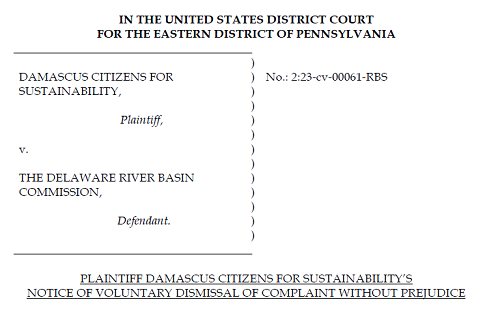Add Your Name to Our Mother’s Day Letter to Michelle Obama
May 14, 2012List of the Harmed
May 18, 2012By LORNA SIGGINS, The Irish Times, May 12, 2012
MINISTER FOR Energy Pat Rabbitte has reiterated that no hydraulic fracturing or “fracking” for gas would take place in Ireland pending further “detailed scientific analysis and advice”.
Mr Rabbitte was commenting on yesterday’s publication by the Environmental Protection Agency (EPA) of a scoping report commissioned from the University of Aberdeen, Scotland.
The initial EPA report would provide a “useful basis” for the terms of reference for a further study that he is commissioning this year with the EPA, Mr Rabbitte’s spokesman said last night.
The study published yesterday warns that knowledge of local geology may be “more important” in Europe than in the US in assessing impacts of the controversial procedure. This is because shale formations in Europe are “generally more complex” than in the US, where many fracking projects have been undertaken, it says.
Risks to water associated with the onland extraction of gas are an “important concern”, notes author Dave Healy, of the universitys geology department.
Hydraulic fracturing, or “fracking” involves pumping a water-rich fluid into a borehole until the fluid pressure at depth causes the rock to fracture.
The pumped fluid contains chemical additives, and small particles known as proppant (often quartz-rich sand) which serve to prop open the fractures.
The EPA study was requested by Mr Rabbitte late last year because of environmental concerns over the practice. Three companies have been given “preliminary authorisations” to investigate shale gas extraction in areas extending across 12 counties.
Dr Healy notes that the debate over fracking in the US was polarised, with very few peer-reviewed scientific reports into the activity.
“The current opinion shared by several agencies is that all scientifically documented cases of ground water contamination associated with fracking are related to poor well casings and their cements, or from leakages of fluid at the surface, rather than from the fracking process itself,” he says.
An additional risk is that of the natural gas released into ground water, he says, but adds that there has only been one confirmed case of this kind.
Fracking’s geo-mechanical risks were highlighted in recent earthquakes attributed to the activity near Blackpool in Britain, he says.
Dr Healy refers to the carbon footprint implications of the procedure. While the US has the most experience in this area, he say, EU legislation which the US does not have – such as the EU water framework directive – will place significant constraints on shale gas extraction activities in Europe.
He recommends that national or local environmental agencies charged with monitoring the potential impacts should be fully funded and equipped to carry out the necessary tasks, and should have the means to detect and monitor presence and movement of chemicals licensed for use.
Baseline monitoring studies of ground water are needed before any drilling activity begins, he says, and “open, simple and rapid communication of all regulations, incidents and best practice would help to combat misinformation from vested interests”.
Northwest residents’ group Talamh has urged the EPA to focus on the impacts on human health in its next study.
Talamh also urges the EPA to include research conducted and regulations adopted in countries which have already imposed a ban on fracking.



